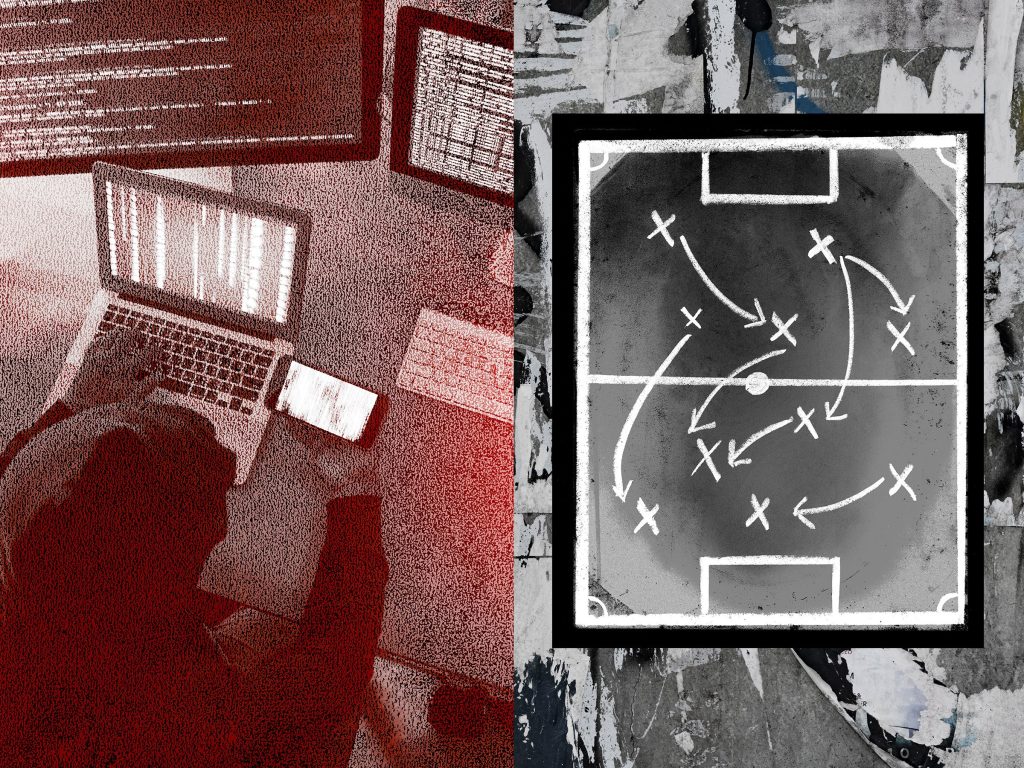Did a Chinese University Hacking Competition Target a Real Victim?
…

Did a Chinese University Hacking Competition Target a Real Victim?
Recently, a controversial incident has come to light involving a hacking competition organized by a Chinese university. Reports suggest that the competition may have inadvertently targeted a real victim, raising questions about the ethics and implications of such events.
The competition, which was supposed to be a simulated exercise in ethical hacking, took a dark turn when participants allegedly breached the security of a legitimate company’s servers without proper authorization. This led to concerns about the potential legal repercussions and the lack of oversight in such events.
While the university has apologized for the incident and promised to investigate the matter, the incident has sparked a larger debate about the responsibilities of organizers and participants in hacking competitions. Many argue that strict guidelines and regulations are needed to prevent such incidents from occurring in the future.
The victim of the breach has yet to come forward, leading to speculation about the extent of the damage caused. It is unclear whether sensitive information was compromised or if any legal action will be taken against the hackers involved.
Overall, the incident has highlighted the potential risks and consequences of engaging in unethical hacking practices, even in a controlled setting like a competition. It serves as a reminder of the importance of ethical behavior and respect for individuals’ privacy and security in the digital age.
As the investigation into the incident continues, it is hoped that lessons will be learned and measures put in place to prevent similar incidents from happening in the future. The cybersecurity community will be closely monitoring the developments to ensure that such events do not tarnish the reputation of legitimate hacking competitions.






